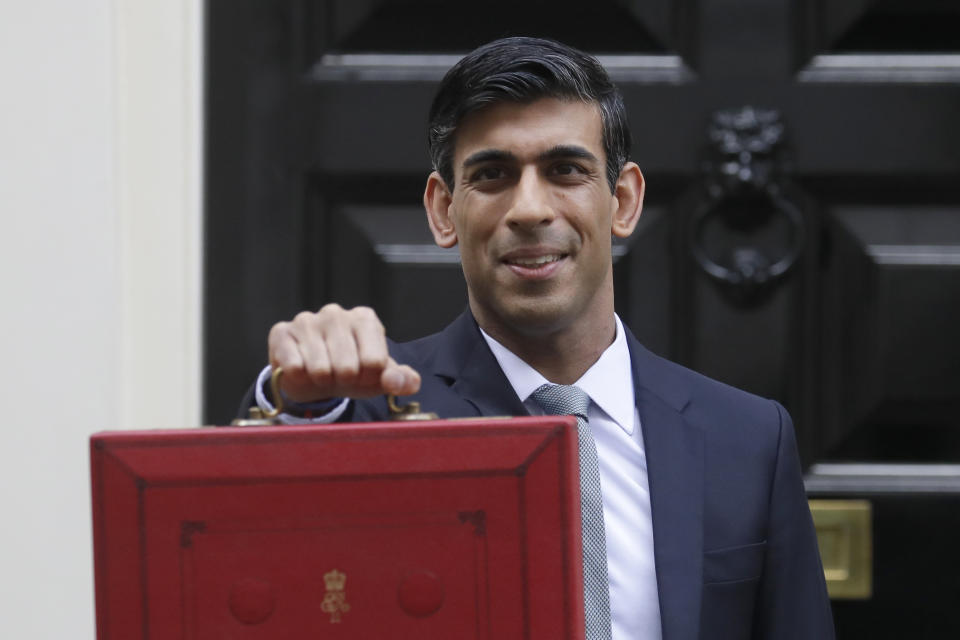Coronavirus: Crisis measures to cost UK government £123bn this year

Fiscal stimulus measures introduced in response to the coronavirus pandemic will cost the UK government upwards of £123bn ($149bn) over the next year, according to new analysis from the Office for Budget Responsibility (OBR).
The OBR said on Thursday that the spread of the virus and the attendant public health restrictions would raise the country’s budget deficit and public debt significantly, “reflecting both the associated economic disruption and the government’s economic policy response.”
The analysis suggests that the measures introduced to support incomes and prevent business failures, such as the government’s sweeping wage-subsidy scheme, will cost £123bn in the 2020/21 financial year.
This includes over £118bn in direct spending, as well as the effects of changes to the tax system as a result of the pandemic.
The totals do not, however, include the impact of the extension to the wage-subsidy scheme, which will now run until the end of October.
READ MORE: Just 1% of UK firms have permanently shut as a result of crisis
The scheme, which pays 80% of the wages of furloughed workers, is currently costing the government around £14bn a month.
The OBR’s provisional analysis suggests that the UK government will borrow almost £104bn this year as a direct result of the new policy measures.
That would take public sector net borrowing for the year to £298bn, pushing the country’s public debt to around 96% of gross domestic product (GDP).
Separate data from the Office for National Statistics revealed that 91% of businesses who have been forced to pause trading as a result of the pandemic applied for the government’s wage-subsidy scheme.
“The government’s economic policy response to the coronavirus crisis provides support for individuals and businesses through grants, loans, and guarantees. This will have substantial direct budgetary costs,” the OBR said.
“But the measures are designed specifically to support the economy through this temporary shock and so they should help prevent greater economic and fiscal damage in the long term.”
Earlier this week, leaked Treasury projections suggested that the UK will face a budget deficit of £337bn this year, up from a March projection of £55bn.
READ MORE: UK economy saw worst slump since 2008 even before full lockdown blow
Analysts at Deutsch Bank predicted that the UK will face “war-time level deficits” for years to come. As well as spiralling costs, government income is rapidly falling as the country is set to enter its eighth week of virtual lockdown.
The OBR also predicted that GDP itself would plummet by 35% in the second quarter, before rebounding by 27% in the third quarter.
That forecast is broadly in line with a prediction from the Bank of England, which said last week that the country’s GDP could shrink by 30% in the first half of 2020, the sharpest decline since the Great Frost of 1709.
Both forecasts are predicated on a winding down of restrictive measures and a steady return to normality by the end of the third quarter.
CORRECTION: This article has had corrections made to it. It previously said twice that measures would cost the government £132bn and then later in the piece £123bn. This has since been corrected to say it would cost the government £123bn.

 Yahoo Finance
Yahoo Finance 
